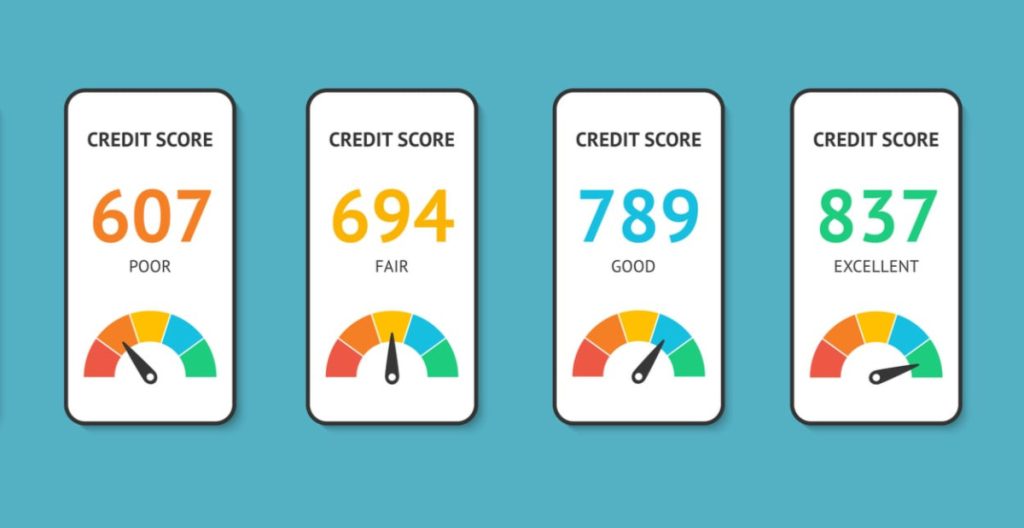When it comes to personal finance, your credit score plays a huge role. Whether you want to apply for a loan, rent an apartment, or get a credit card, lenders and businesses often check your credit score first. But what is a good credit score, really? Let’s break it down in simple terms.

What is a Credit Score?
A credit score is a number that represents how trustworthy you are with borrowing money. It tells lenders how likely you are to repay a loan on time. The score is based on your credit history, which includes how much debt you have, how often you pay bills on time, and how long you’ve been using credit.
In most cases, credit scores range from 300 to 850. The higher your score, the better.
Credit Score Ranges
Here’s a breakdown of the credit score ranges:
- 300 – 579: Poor
- 580 – 669: Fair
- 670 – 739: Good
- 740 – 799: Very Good
- 800 – 850: Excellent
If your score is 670 or higher, you’re in a good place. Most lenders will consider you a low-risk borrower. That means you’re more likely to get approved for loans and credit cards with better interest rates.
Why Does a Good Credit Score Matter?
A good credit score can open many financial doors for you. Here are some benefits:
- Lower Interest Rates: With a good score, you can get loans and credit cards with lower interest rates. That saves you money in the long run.
- Easier Loan Approval: Lenders are more likely to approve your application.
- Better Rental Options: Landlords often check credit scores before renting apartments.
- Higher Credit Limits: Credit card companies may offer you a higher limit.
- Job Opportunities: Some employers check credit scores during the hiring process.
Real-Life Example
Let’s say two friends, Sarah and John, apply for a car loan.
- Sarah has a score of 780. She gets approved easily and is offered a 5% interest rate.
- John has a score of 610. He also gets approved but with a 14% interest rate.
Over a five-year loan, Sarah saves thousands of dollars just because of her good credit score.
What Affects Your Credit Score?
Your credit score is calculated using five key factors:
- Payment History (35%): Do you pay your bills on time?
- Credit Utilization (30%): How much of your credit limit are you using?
- Length of Credit History (15%): How long have you had your credit accounts?
- Credit Mix (10%): Do you have different types of credit (loans, credit cards, etc.)?
- New Credit (10%): How often do you apply for new credit?
Tips to Improve Your Credit Score
If your score is low, don’t worry. Here are some easy ways to improve it:
- Pay Bills On Time: Always pay at least the minimum amount due.
- Keep Credit Card Balances Low: Try to use less than 30% of your credit limit.
- Don’t Close Old Accounts: They help show a longer credit history.
- Limit New Applications: Don’t apply for too many credit cards or loans at once.
- Check Your Credit Report: Mistakes happen. You can request a free report and fix any errors.
Where Can You Check Your Credit Score?
In many countries, you can check your credit score for free. In the United States, you can visit:
- AnnualCreditReport.com (for free credit reports)
- Credit card providers often offer free score tracking.
- Credit bureaus like Equifax, Experian, and TransUnion
In other countries, check your national credit bureau or bank. Many apps also offer credit score tracking.
Final Thoughts
A good credit score can make your financial life easier and more affordable. It shows lenders that you’re responsible with money. Whether you’re buying a house, getting a credit card, or applying for a job, having a solid credit score helps.
Start by checking your current score, then work on building or improving it using the tips above. With time and consistency, your score will go up, opening more doors to financial freedom.
Remember, managing your credit is a journey. Take small steps and stay consistent. You’ll get there!